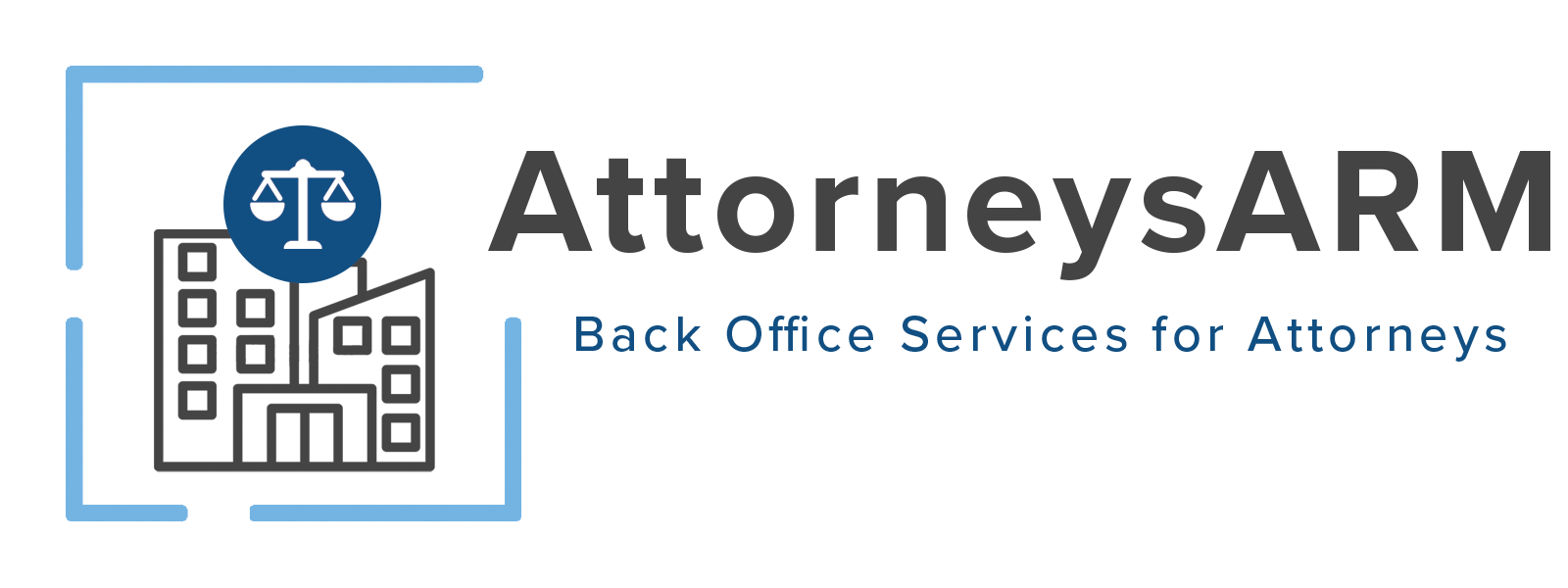Hello Finance Manager! What Are My Options When Someone Is Delinquent?
Hello Finance Manager! I have a question for you. Someone is delinquent and I’ve never had to deal with this before. What are my options? Should I just take them to court?
Signed,
Desperate Over Debt
Hello Desperate,
First, don’t be desperate. We’re here to help! Let’s talk about court, first. Then, we’ll talk about the other options you have to collect on this debt that is owed to you.
Debts and Small Claims Court
You have to weigh whether collecting the debt is worth going to court over. Think about it: small claims court generally has a limit of $10,000. You may be thinking, “Great, because the debt is less than $10,000.” Call your district court and find out what it is going to cost you to file the case. Don’t forget that you’ll also need a process server to ensure that the debtor is legally served their court documents. Of course, there could also be a chance that you want to hire an attorney. So, when you think about small claims court to collect on a debt, it’s important that you consider all of the factors involved: the amount of the debt, court fees, and possible attorney’s fees.
If, after considering all of those elements, you decide that small claims court is the way to go, you should think about one other thing. What is the likelihood that you will be able to collect on the judgment? If you believe that you really can collect, you can consider this route.
Now, let’s look at other options that you can pursue that may be more cost effective for you than going to small claims court.
Offer Payment Incentives
There are two things missing from your scenario that may or may not make offering a payment incentive worth pursuing. You didn’t mention how long it’s been since there’s been any payment on the account and you didn’t mention if it’s consumer or business debt. So, that’s a couple of things that you should think about.
You’re probably wondering why you’d want to offer a payment incentive when someone isn’t making an effort to pay. The answer is the same as why credit card companies agree to settle for less than the full amount owed: because something is better than nothing.
With that said, a payment incentive is different from settling the entire debt. In this case, you could provide a small discount or you could even agree to just waive any late feeds that have accumulated. You should find something that speaks to the delinquent client and provides some sort of reward for taking care of their delinquent account.
Offer a Settlement
If your delinquent client is able to pay you a sum of money to close out the account, you may consider doing it. As we stated earlier, sometimes something is better than nothing. If the delinquent client calls you and offers a settlement amount, you should take a moment to consider it particularly if the likelihood of collecting via any other method isn’t financially wise. Why spend money to collect an amount when you’re being offered a significant portion of what’s owed to you?
If you decide to offer or accept a settlement, it’s important that you get the settlement agreement in writing and that both you and the delinquent client sign the document. It should outline the outstanding balance, some sort of identifier for the account (be mindful about using the entire account number. If you ever need the document in court, you’ll have to redact all but the last four of the account number), the amount of the settlement, how it will be paid (cash, cashier’s check, debit card, or money order), and when it will be paid. You should provide a receipt and something stating the account is closed once you’ve received payment.
Flexible Payment Options
Sometimes, people or businesses don’t pay because they’re overwhelmed when it comes to paying off a large balance. If they have a large amount due, you can offer flexible payment arrangements. How you choose to work out the payment options should work well for both you and the delinquent client. This could include weekly, biweekly, or monthly payments.
If you choose this option, you need to clearly communicate your expectations to the client. This can include an initial phone call (or series of calls) where you determine the amount of the payments and when they will be due. Then, it’s important that it is reduced to writing and a copy sent to the client via certified mail with a return receipt requested. This can act as proof for court, if needed.
Hire a Debt Collection Agency
You can also hire a qualified debt collection agency to handle the matter on your behalf. You should decide if you want first or third party collections. First party collections means that the debt collection agency acts as an extension of your business. Essentially, when they call the client, they would say that they are part of your company as opposed to a separate entity. First party collections can be highly effective in getting you paid and maintaining a better relationship with the delinquent client. Third party collections means that the debt collection agency calls and represents themselves as they are: a separate entity that is calling on your behalf. Third party collections can also be very effective.
A debt collection agency, such as Clients A.R.M., is cost effective when compared to hiring an attorney or even working to collect on your own debt. You really do lose money when you work on your own collections. This is because you’re busy collecting when you should be working to acquire and service new clients. Using a debt collection agency is more affordable than you think. Clients A.R.M. has clear pricing guidelines that you can find by clicking here. We can also help you determine which collections method will be best for your business. You can book your free review by clicking here. We’d be happy to help you come up with the best solution! We work with businesses of every size.




